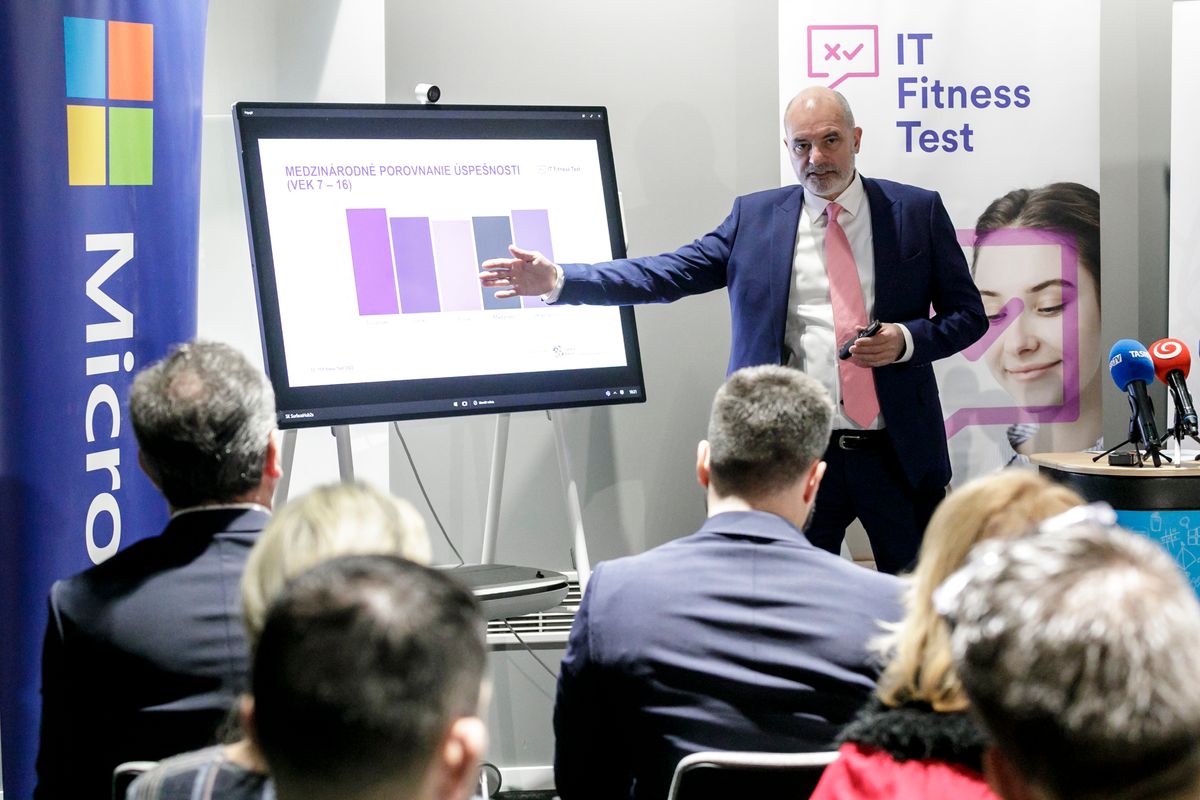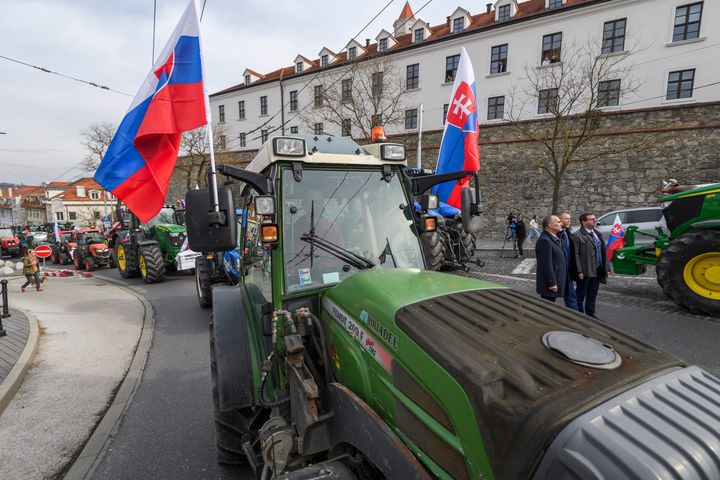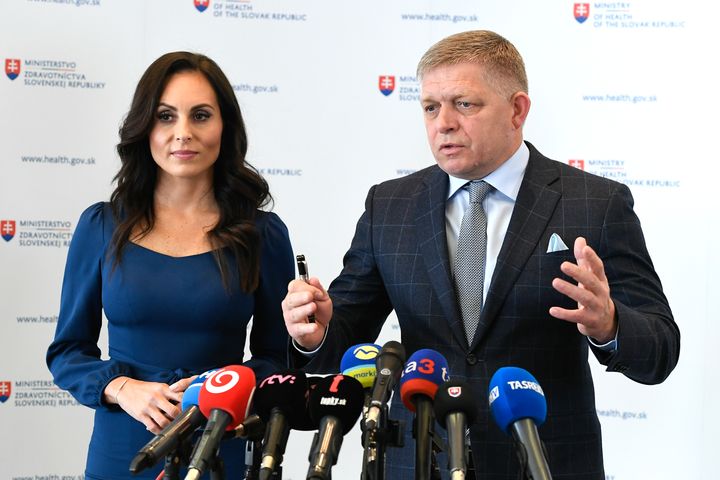IT Fitness Test: Digital Skills of Slovak Students Have Improved
Digital skills of elementary and secondary school students in Slovakia have improved year-on-year, Digital Coalition president Mario Lelovsky told a news conference on Wednesday, dedicated to the presentation of results of the twelfth annual IT Fitness Test.

Bratislava, December 13 (TASR) - Digital skills of elementary and secondary school students in Slovakia have improved year-on-year (y-o-y), Digital Coalition president Mario Lelovsky told a news conference on Wednesday, dedicated to the presentation of results of the twelfth annual IT Fitness Test that was carried out in V4 (Visegrad Four - Slovakia, the Czech Republic, Hungary and Poland) countries and Ukraine.
Slovakia finished best in the testing, stated Lelovsky, adding that Slovak students still need to improve when it comes to the use of office tools, solving comprehensive tasks and security, however.
"There's definitely a need to work on improving their skills in working with office tools. Elementary school leavers are expected to be able to work with these tools so that they can successfully continue in their studies at secondary schools," said Lelovsky. He also stressed the importance of this skill for secondary school leavers so that they can further study, or start working.
Concerning elementary schools, Slovakia achieved an average success rate of 58.17 percent, which is an increase of 3 percent y-o-y. A total of 684 schools joined the test with their 13,240 pupils aged between seven and 16. The best results were achieved by schools in Bratislava region. "Pupils were doing best in using the internet, which means internet searching, combinations etc., while they had weaker results in the case of IT security," said Lelovsky.
The average success rate of secondary school students was 57.17 percent, up 5 percent from last year. Over 30,000 students older than 15 and 2,540 teachers took part in it with Presov region showing the best results.
Critical thinking and understanding the context seem to be a general problem, said Lelovsky. "We have to work hard in this area to prepare graduates for real life," he said.
Almost 150,000 respondents from five countries joined the testing. The questions are compiled every year by a Slovak expert team. These are practical, focused mainly on particular skills, reading with comprehension and the ability to use the acquired knowledge.
Ingrid Ludvikova of the European Commissions' Representation in Slovakia said that digital skills are key not only for mastering technologies, but also for the protection and preservation of democracy and fundamental European values.



